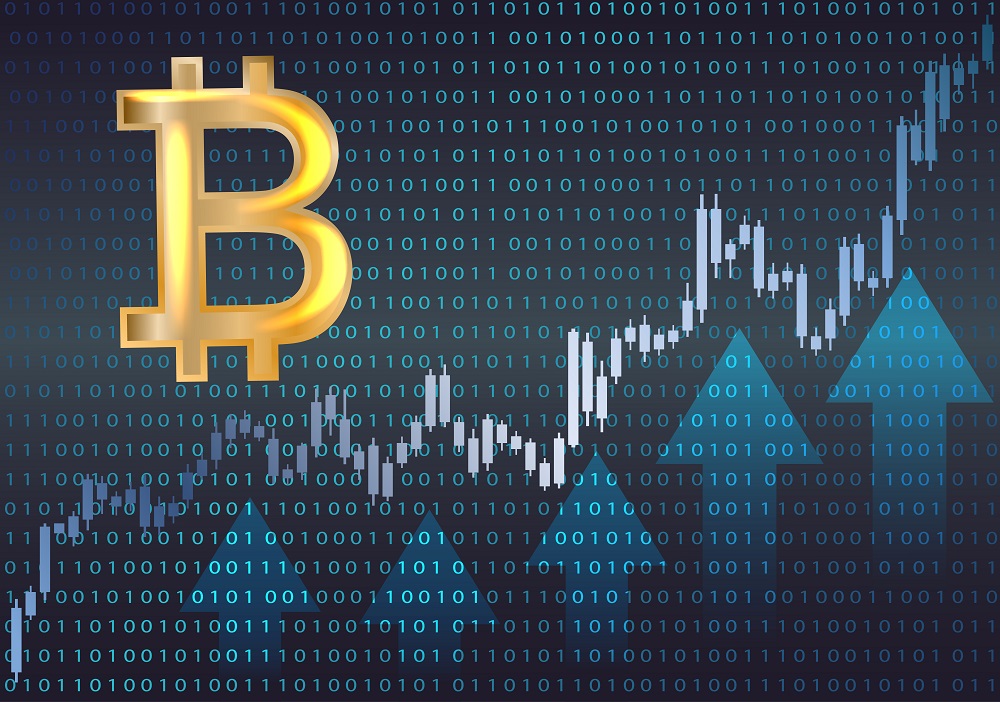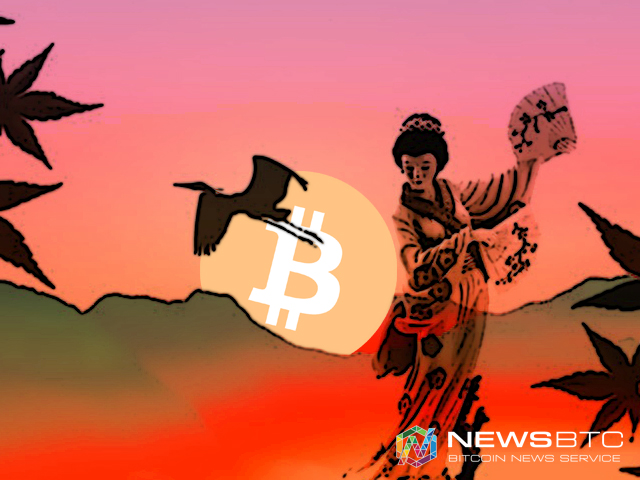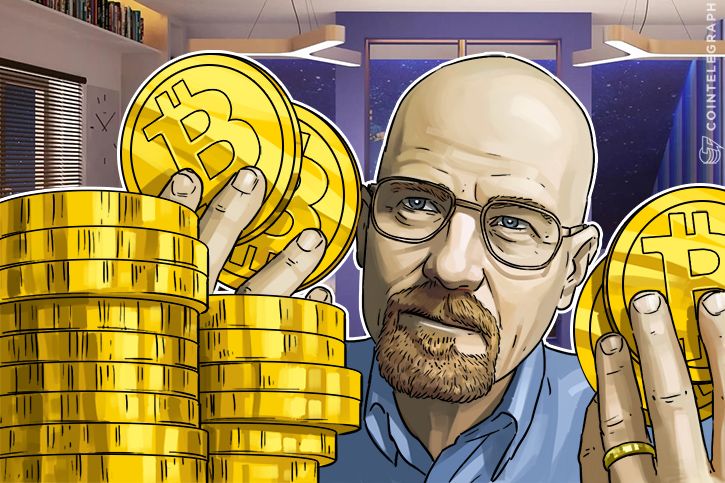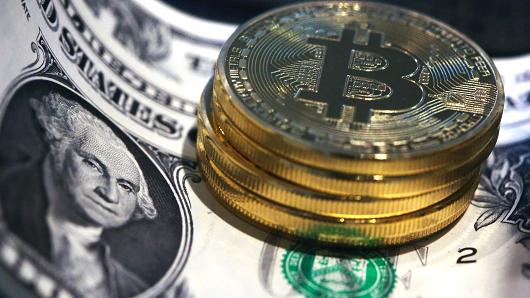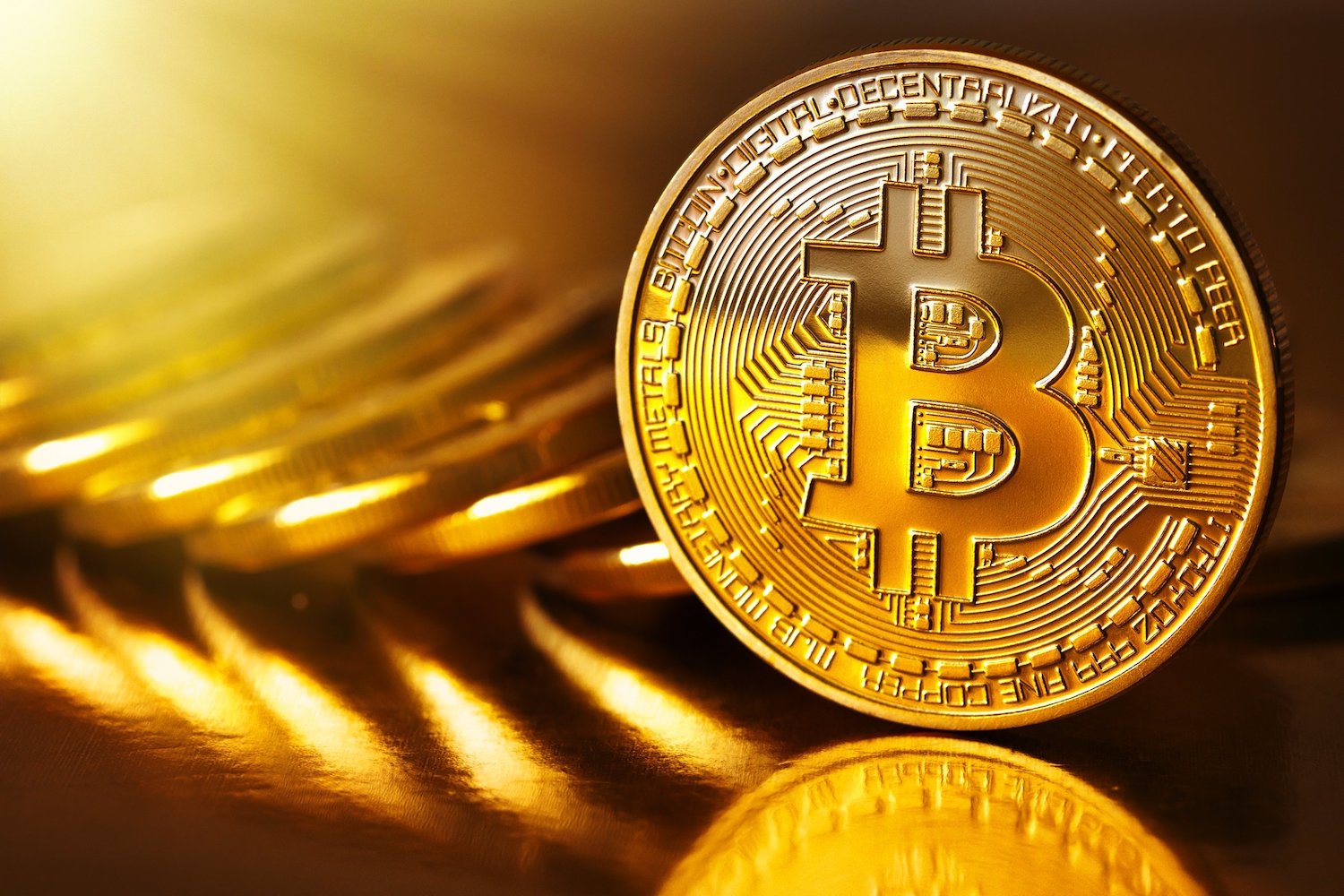
Bitcoin vs Gold: Which is a Better for Long Term Investment
Imagine that you have $100,000 at your disposal. You must spend all of it on either bitcoin or gold – no mixing and matching – and the assets will then be stored in a trust that cannot be accessed again for 50 years.
Which option would you choose?
With the two commodities now in roughly the same price range, it's worth putting aside some of bitcoin's short-term volatility and liquidity concerns to compare them as long-term stores of value side by side.
Sure, you might argue bitcoin is newer and flashier, and that it has arguably more utility in the digital era than gold. But, gold has the indisputable track record, having been a cherished store of value for thousands of years across human civilizations.
However, bitcoin's traits have led to those backing the cryptocurrency to believe it could potentially unseat gold over the long haul.
Spencer Bogart, an analyst with Blockchain Capital and formerly of Needham & Company, told CoinDesk:
"If we think about the qualities that make gold a respected 'money' or store of value, bitcoin is actually superior in many regards."
Inflation vs deflation
Another key advantage bitcoin has over gold is that its supply level is fixed and transparent – eliminating fears of the typical inflationary pressures associated with overproduction that could diminish the value of the asset.
"A well-known characteristic about bitcoin is that it’s on a disinflationary supply schedule. While many people think of gold as being the same, gold is actually a sneakily inflationary asset," said Chris Burniske, blockchain products lead with ARK Investment Management.
Burniske added that the global supply of gold has clandestinely increased by 1–2% annually over the last century.
He continued:
"If you were to ask people what gold's supply schedule looks like over time, they probably wouldn't draw you something that looks like an exponential curve. With gold being sneakily inflationary, it’s not set up to preserve value in the way that bitcoin is."
Such characteristics, in theory, serve to increase bitcoin’s future utility as a means of account, exchange and storing value.
They also suggest that bitcoin's value, usefulness and importance to society will only continue to grow as commerce becomes more digitized.
"As more infrastructure is built around [bitcoin], we think that demand will rise relative to its mathematically metered supply, increasing its price support," Burniske wrote in a recent white paper.
Slow and steady
The clear advantages that gold has over bitcoin are trust and reliability, according to those surveyed for this article. However, a change in consumer preferences, new technological disruption or a crackdown by a government could easily kick bitcoin to the end of the bench.
"Gold has something very important that bitcoin lacks: a more than 1,000-year history of being a decent store of value. This is very important for trust and people's willingness to store value in that particular asset," said Bogart.
Gold has also proven itself to be of value even when governments attempt to restrict its usage or outlaw it completely.
This happened in 1933, when President Franklin D Roosevelt implemented measures to prohibit and criminalize its possession in the US.
"For more than 5,000 years gold and silver have been tried-and-true money. They've lasted basically the duration of organized civilization," said Dave Kranzler of Investment Research Dynamics.
In this light, Kranzler was keen to highlight bitcoin's 'counterparty risk'.
Gold's advantage over bitcoin is that it's not dependent on the operation of the internet, thus affording it a degree of protection from heavy-handed regimes, he said.
"There’s nothing to stop any government from shutting down the internet in their country under the guise of national security purposes or what not,” he said, adding:
"We’ve seen democracies come and go, but totalitarianism always seems to creep back in. And when that happens, the government controls everything."
Elemental value
Gold has also proven itself immune to technological disruption.
According to Burniske, while bitcoin has generated significant cultural cachet, it remains at the bleeding edge and could still be dethroned relatively easily.
"That position is not necessarily going to remain the case if bitcoin is not able to attract new users and provide a happy medium in terms of user experience," he said.
Yet, as asset classes like Dutch tulips, Japanese real estate, dot-com companies and the US housing market have boomed and busted, gold has consistently plodded ahead, withstanding the test of time.
"I don’t think anyone can say with any certainty that any man-made system is going to be valuable 50 years from now," said Josh Crumb, co-founder of GoldMoney and a former commodities strategist at Goldman Sachs.
He continued:
"People forget that gold is not a pet rock or a speculative asset, it's an element. Gold is a very low-risk store of value. Fifty years from now it’s going to still be valuable."
While investors like Cameron and Tyler Winklevoss have suggested that technological developments as far fetched as asteroid mining could eventually put upward pressure on the total supply of gold (and reduce its scarcity), Crumb reckons that technological creative destruction poses a much greater threat to bitcoin.
"People have been trying to crack gold for 600 years. I think it's much more likely that we're going to have quantum computing that can change cryptography than asteroid mining that's going to bring back loads of gold," he said.
Complementary or substitutionary?
Perhaps asking whether bitcoin will ever unseat gold as the universal store of value isn't quite appropriate, as it's plausible that the two can, and will, co-exist as complementary assets.
"I like bitcoin, particularly in the short-term, so it's kind of like saying 'Do you like gold or do you like investing in Facebook in 2011?'" said Crumb. "To me, it’s two totally different things."
As is standard practice across other realms of investing, the correct answer to the bitcoin versus gold question will ultimately be determined by the risk profile of each particular investor.
"In terms of proper portfolio construction, you want to diversify. You want to have different types of assets that don’t necessarily move together," said Burniske, concluding:
"There's always room for collaboration. It’s sensational to pit [bitcoin versus gold] as a fight to the death."
David Ogden
Entrepreneur
Author: Aaron Stanley
David Ogden – Http://markethive.com/david-ogden
